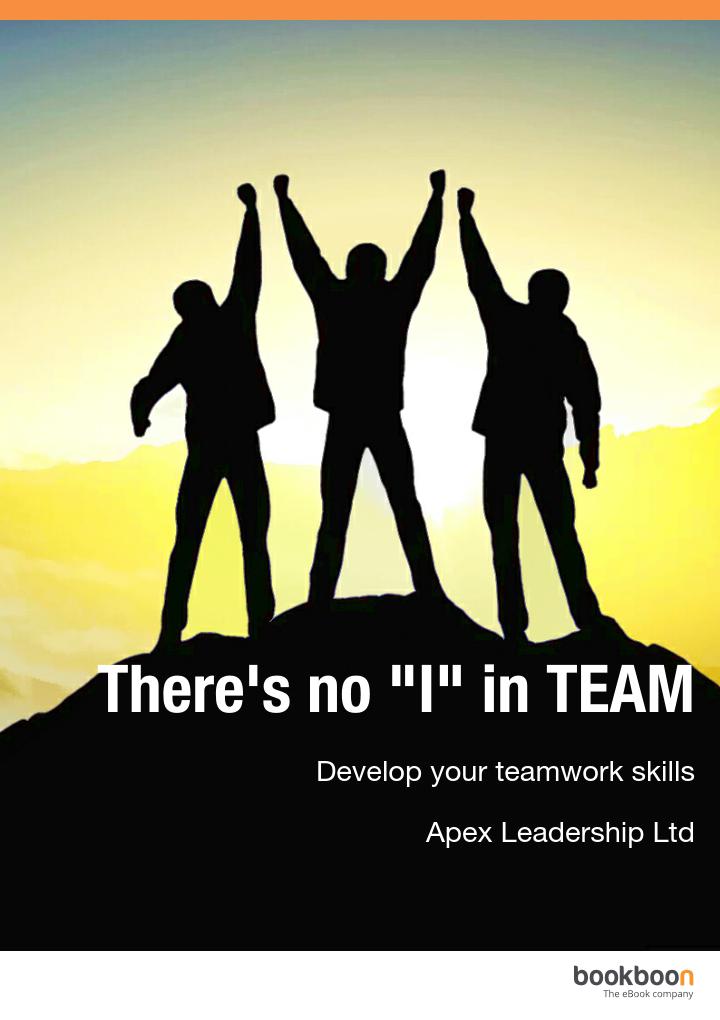Why teamwork is a better way to work

Teams are a fundamental part of working life. They account for the vast majority of work done in organisations. Yet it is one thing to create a team, but quite another to create a team that works. Just as it is one thing to join a team, but quite another to perform as a team member. To put it simply, teams do not work without teamwork and a well-oiled teamwork makes all the difference. Here you can take a look at the main benefits of teamwork.
Why is teamwork important?
Because it’s a better way to work! It:
- 1. Creates synergy – where the sum is greater than the parts. Perhaps the most significant impact a team can have is the ability to achieve more together, than if each member worked individually. It’s in the combination of skills and expertise, when the skills of one member complement the skills of another, and compensates for each other’s weaknesses, that teamwork really works.
- 2. Supports – a more empowered way of working. It helps to remove the constraints which may prevent someone from doing their job properly. Teams can hold themselves accountable, and often this positive peer pressure encourages people to take on responsibility and be pro-active.
- 3. Promotes flatter and leaner structures – with less hierarchy. Teams have the capability of solving problems and making decisions together. When they work well they can be largely self-managing. Teams can inter-act with other teams in an organisation reducing the need for excessive hierarchy.
- 4. Encourages multi-disciplinary work – where teams cut across organisational divides. Teams value the different skills and expertise of their members and can combine those skills in different ways to meet changing needs. When people have developed good teamworking skills (they know how to work well in a team), they can use those skills to work well with other teams in the organisation.
- 5. Fosters flexibility and responsiveness – especially the ability to respond to change. Teams can take responsibility for complete processes. They can inter-change and respond to the needs of customers, and of the processes they manage
- 6. Pleases customers who like working with good teams (sometimes the customer may be part of the team). When customers experience a team which responds to their needs, as opposed to being passed on from one person to the next in the organisation, they see the value of the team. Increasingly customers are a part of what we do. This is especially the case with services, where customers are often a part of the service. In some ways they can be seen as part of the team. This is potentially a powerful way to engage customers in the services your organisation delivers.
- 7. Promotes a sense of achievement, equity and camaraderie – essential for a motivated workplace. Working well together builds a sense of togetherness, which is not only experienced by team members, but a visible encouragement to others too.
- 8. When managed properly, teamwork is a better way to work!




